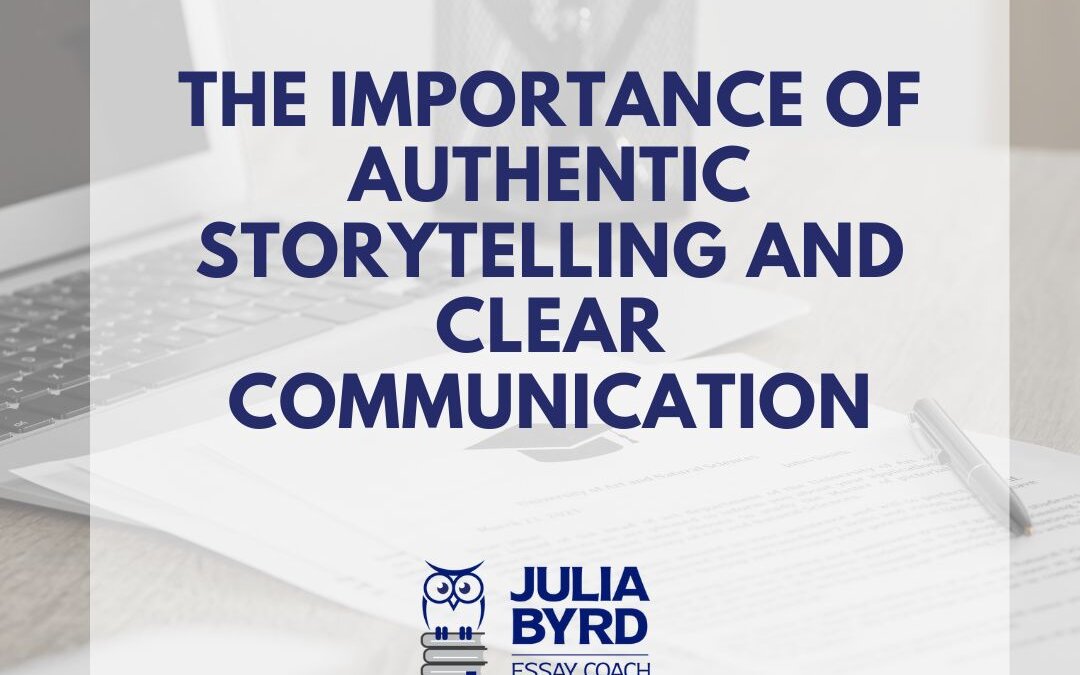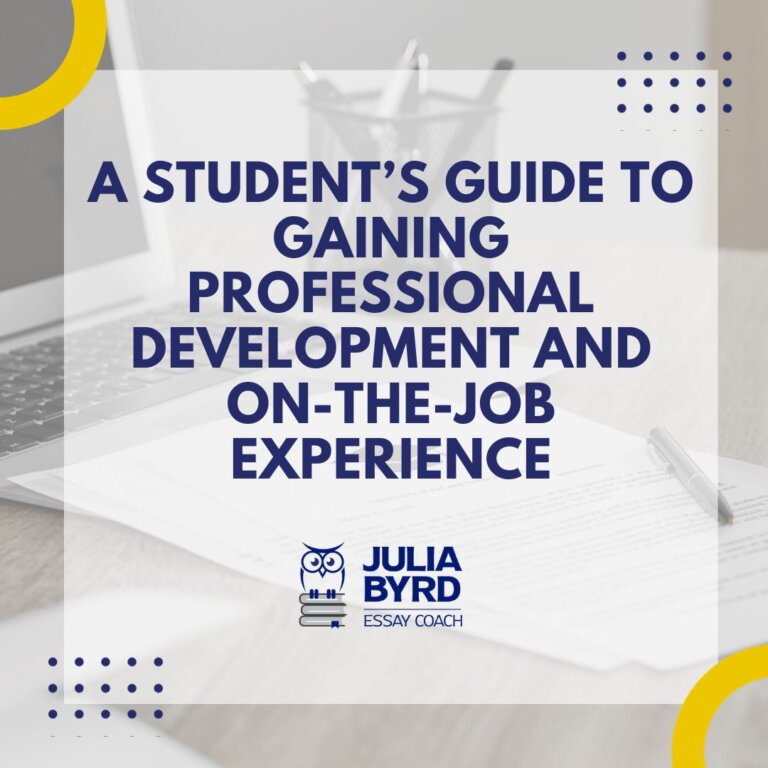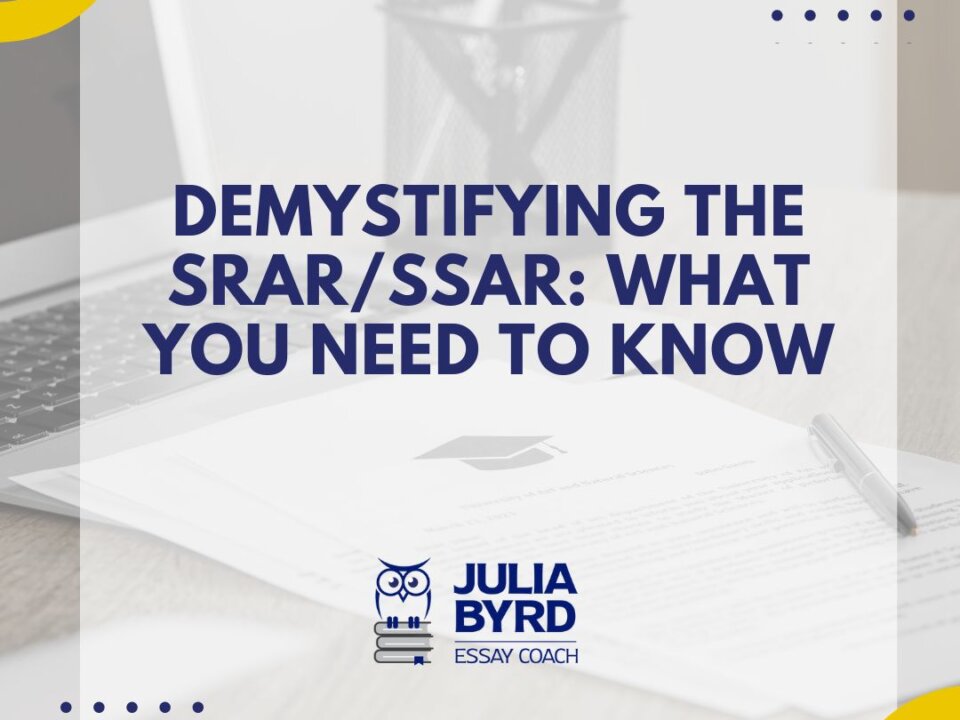The Importance of Authentic Storytelling and Clear Communication


I’ve seen several TikToks lately as to what the phrase “out of pocket” means — and which generation is using the phrase right. Originally, the phrase meant that you were out money: When I went to the ER, I had to pay out of pocket. In today’s corporate world, it means you’re unavailable: I’m going to the Bahamas next week, so I’ll be out of pocket. But to Gen Z, the phrase refers to someone who is unmanageable or out of control: Those Miami spring breakers were totally out of pocket at the club last night.
It’s no wonder we have trouble understanding each other.
Even colleagues may have a hard time keeping up with changing lingo. When a co-worker mentioned that she was “running out of spoons” and had to revisit a work request the next day, I’ll admit, I was scratching my head. (If you hadn’t heard about this either, here’s the scoop: U.S. writer Christine Miserandino coined the term in 2003 to describe the “amount of physical and/or mental energy that a person has available for daily activities and tasks.” So when you’re running out of spoons, you’re getting low on energy.)
Why don’t we just say what we mean?
Why We Use Jargon
In the world of corporate culture, a peculiar language known as “corporate speak” or “jargon” exists. Anyone who has been in an office may have encountered this seemingly foreign language filled with industry-specific buzzwords, acronyms, and phrases that often leave those outside the corporate bubble (like me) scratching their heads.
Sure, “spoons” and “out of pocket” are some, but that’s only the tip of the iceberg. Phrases like “synergy,” “leverage,” or “low-hanging fruit” pepper meetings and emails, sometimes making communication feel like decoding a secret message.
But why do people use this jargon? Is it to sound smarter, more important, or more knowledgeable? While these are certainly part of the reason, there's often more to it.
It Helps Us Fit In
One reason for the proliferation of corporate speak is the desire to fit into the culture. In many workplaces, using jargon signals that we're part of the club—that we understand the norms and expectations of the environment. It's a form of shorthand, a way to convey complex ideas quickly to those who speak the same language.
It Demonstrates Our Expertise
Another reason people use industry-specific jargon or lingo is the illusion of expertise. Using specialized language can create the impression that we're an authority in our field, even if the substance of our message is lacking. It's a way to camouflage uncertainty or lack of substance behind a veil of impressive-sounding words. (Of course, sometimes using jargon is because we do, in fact, know your stuff, and it’s the most efficient and accurate way of communicating.)
The Downsides of Corporate Speak
However, despite its prevalence, corporate speak often fails to achieve its desired effect. Instead of fostering clarity and understanding among those who use (and hear) it, it can often lead to confusion and miscommunication. Phrases meant to streamline communication can alienate those who are unfamiliar with the language. And if folks aren’t careful, the words they use can create barriers rather than bridges.
In worst-case scenarios, people who use jargon excessively can come across as pretentious or insincere. Moreover, jargon can give the impression that the speaker is more concerned with appearing knowledgeable than actually communicating effectively.
And in a world where we increasingly value authentic storytelling — where we’re tired of manipulation and deceit and camouflage — these negative perceptions can be significant drawbacks.
What Does This Have to Do With College Admission Essays, Anyway?
Simple.
Just like in business, where authenticity, honesty, and clarity are valued, college admissions value the same principles.
And just as corporate speak can obscure rather than illuminate, college applicants who try to adopt a voice in their essays that isn’t genuine — that isn’t their own — can detract from their message.
I get the temptation. I really do.
With college admissions becoming increasingly competitive, I understand that students think they should use language and stories they believe will impress admissions officers. They may feel pressure to conform to a certain expectation … to have a certain level of intellect … to have triumphed and accomplished. Only then do they think they’ll be perceived favorably and get a decision of “accepted.”
Let me reassure you that this isn’t true.
What admissions officers are really looking for is authentic storytelling. They want to get to know the real person behind the application, not a polished version crafted to fit a perceived ideal. Just as corporate speak can hinder genuine communication, using overly polished language can obscure your unique voice and perspective.
Case in point: Every year, college counselors and essay coaches wonder when they’ll get their first “myriad” or “plethora” in a student’s essay. We call them “dictionary words” — words a student thinks will make them sound smarter. But let me tell you a secret: These words are overused and rarely (if ever) have the impact students hope it will.
How to Be Authentic in Your Storytelling
Instead, students should strive to tell their own stories in their own voices. They should embrace their quirks, their passions, and their individual experiences. This is what will make their essays stand out, not a laundry list of impressive-sounding achievements or a regurgitation of what they think admissions officers want to hear.
But those aren’t the only reasons for using in your admissions essays the language a 17- or 18-year-old would use — and using it in a casual, conversational way. Here are five more.
- Forges Genuine Connections: Admissions officers read thousands upon thousands of essays each year. What sets one apart from another isn’t just the accomplishments or experiences; instead, it’s the genuine connection students establish with the reader. Using your authentic voice allows admission officers to see the real person behind the application, making it easier for them to connect with you on a personal level.
- Offers Your Unique Perspective: No one else has lived your life or walked in your shoes or experienced things in the way that you have. When you write in your authentic voice, you shed more light on your unique perspective, experiences, and insights. This is what makes your writing memorable and compelling. Don't be afraid to share your quirks, passions, and challenges — they make you who you are.
- Demonstrates Self-Awareness: Writing in your own voice shows self-awareness and maturity. It demonstrates that you know who you are, what you value, and what you're passionate about. And you’re confident in that and eager to share it with others. Admissions officers aren’t just looking for academic achievements; instead, they want to see evidence of personal growth and introspection.
- Reflects Confidence: Embracing your authentic voice demonstrates confidence in yourself and your abilities. It shows that you're comfortable with who you are, who you’ve been, and who you’re becoming — and that you're not afraid to be genuine. This confidence speaks volumes about your readiness for the challenges of college life.
- Resonates With Readers: Authenticity is magnetic. When you write from the heart, your passion and enthusiasm shine through, making your essay more engaging and memorable. Admissions officers are more likely to feel a connection with you — not to mention that they’ll probably remember and resonate with essays that feel sincere, relatable, and authentic.
With all this being said, there’s absolutely a time and a place for jargon. If students are writing about their research experience, it’s OK to use some industry-specific language to show expertise on the subject. But just be mindful about when you’re using it and how much you use.
In a sea of cookie-cutter essays, authentic storytelling is your secret weapon. Don’t ever be afraid to embrace your authenticity and speak with your voice — and absolutely let your true self shine through in your college admission essay.
Be genuine, be honest, and most importantly, be yourself. After all, it's your story to tell, and no one else can tell it the way that you can.









